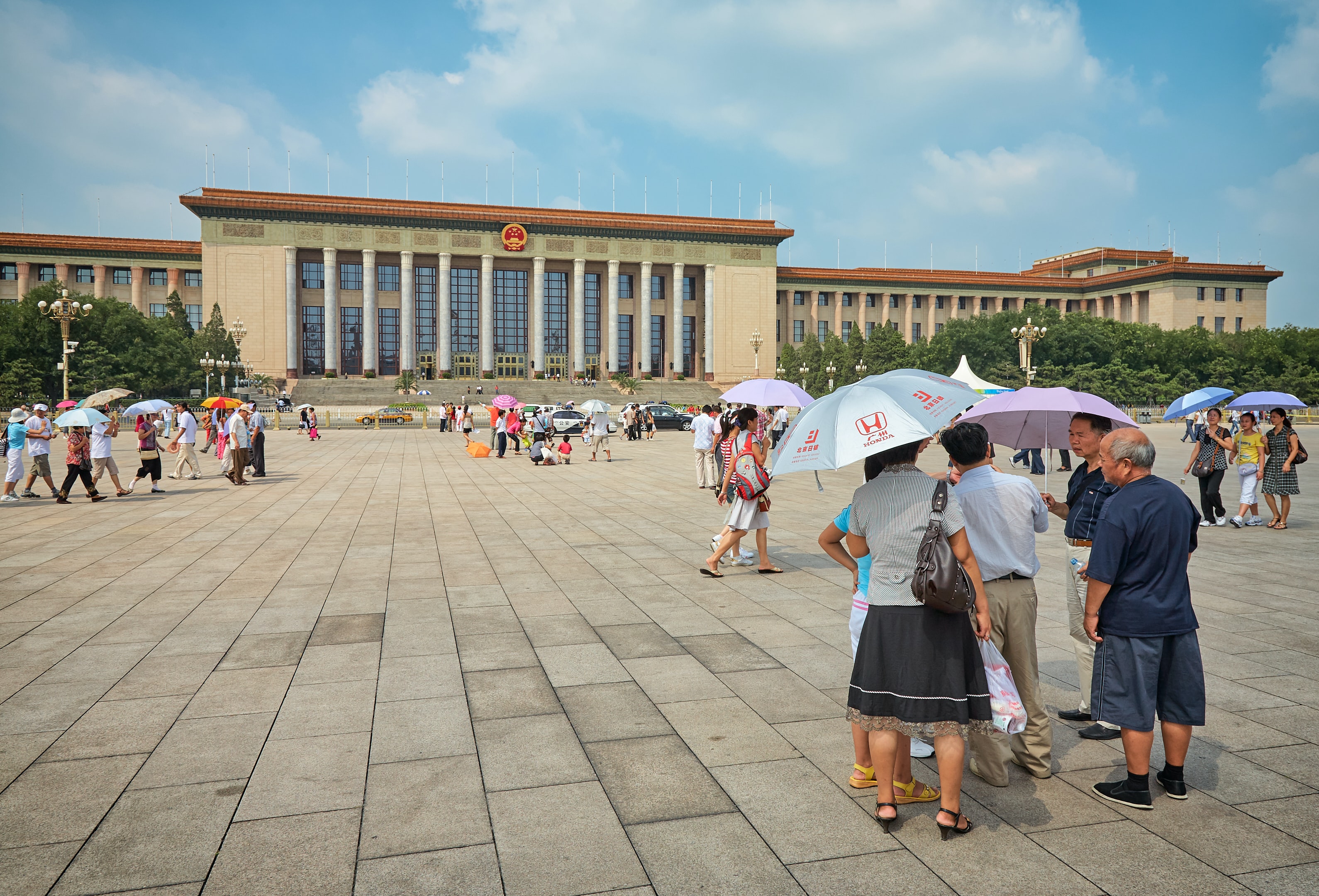Curbing capitalism: How is economic policymaking in China changing?
SHARE THIS

| Kellee Tsai, Albert Park & Xun Wu (HKUST), Ruben Enikolopov (SKOLKOVO) | |
| Thursday 20 January 2022 at 8:00 - 9:30 pm (Hong Kong time, GMT +8) | |
|
Online |
Video
Watch the recording on YouTube.
Prof Tsai's slides are available here.
Launch of the CREC-IEMS Eurasia Business Dialogue
Recent policy and regulatory pronouncements point to significant changes in China’s business and economic landscape. While the issues that have motivated a more intrusive and interventionist Chinese state – data security and protection, social fairness and “common prosperity”, and excessive borrowing and speculation in real estate – mirror concerns elsewhere, they also raise wider questions about the trajectory of the Chinese economy and its ability to make the transition to a productivity-led, innovation-driven one. A state that encroaches more extensively into the commercial realm and the private sector also challenges conventional notions of the developmental state: that as the economy grows and becomes more complex, the state recedes and the market (and private actors) play an ever-larger role. To what extent do recent regulatory changes and policy pronouncements represent a major shift in China’s economic model, as opposed to a mere refinement? What do they imply for the future of innovation and entrepreneurship in China, much of which was driven by private actors in recent years? And how do these various efforts to curb (the excesses of) capitalism affect China’s near and long-term growth prospects?
Speakers
Party-State Capitalism in China Prof Kellee TSAI Dean, School of Humanities and Social Science and Chair Professor of Social Science, HKUST
Outlook for China’s Economy and the Common Prosperity Agenda Prof Albert PARK Head and Chair Professor of Economics, Chair Professor of Social Science, and Professor of Public Policy, HKUST (on leave)
China’s regulation of big tech: Implications for innovation and entrepreneurship Prof Xun WU Professor of Public Policy Co-Director, China, Russia and Eurasia Studies Centre, HKUST
Comparative perspectives on China and Russia’s regulation of digital ecosystems
Prof Ruben ENIKOLOPOV Rector of the New Economics School
Moderator
Prof Donald Low
Director, Institute for Emerging Market Studies, HKUST
About the CREC-IEMS Eurasia Business Dialogue
The China-Russia Eurasian Studies Center (CREC) is a collaborative platform jointly created by the Hong Kong University of Science and Technology (HKUST), the New Economic School (NES), and the Moscow School of Management-SKOLKOVO to study the economic prospects and links between China, Russia, and the rest of Eurasia. Together with the Institute of Emerging Market Studies (IEMS) at both HKUST and SKOLKOVO, CREC will organize the Eurasia Business Dialogue to discuss how contemporary policy and socioeconomic issues affect the business landscapes of China, Russia and Central Asia. The first of these dialogues will be held on Thursday, 20 January 2022, "Curbing capitalism: How is state capitalism in China changing?”.
*** To attend the event online using Zoom, register here. ****
- Upon registration, Zoom will send you a confirmation email right away with a unique link to join the webinar.
- Reminder emails will also be sent 1 day and again 1 hour in advance of the event. Please check your spam box if you cannot find them in the inbox.
- Please visit here for HKUST's data privacy policy and here for its personal information collection policy (PICS).
Also, see here for advice from the university's IT office on Zoom best practices for attendees and here for our bad weather policy, which applies to both physical and online events.
Get updates from HKUST IEMS






